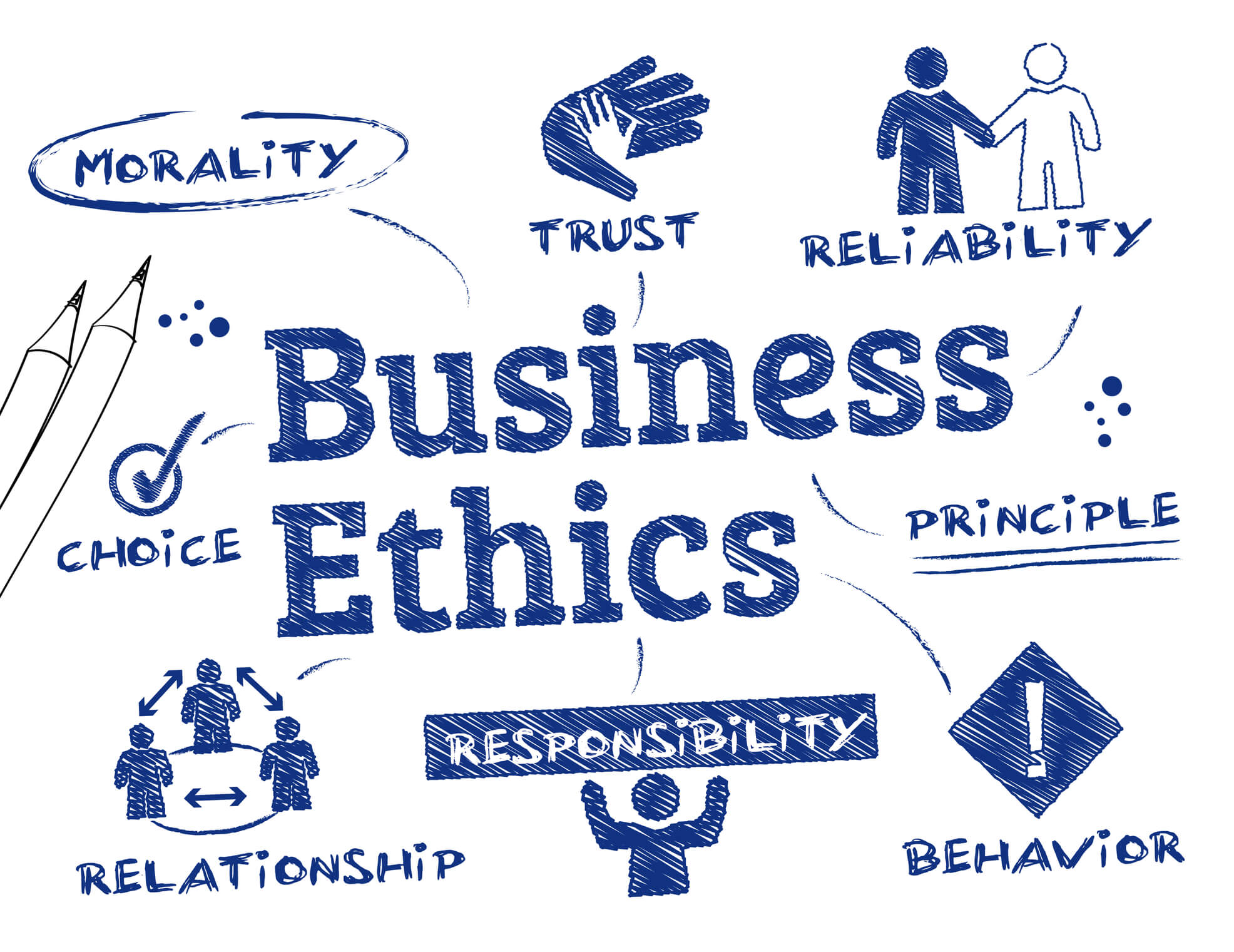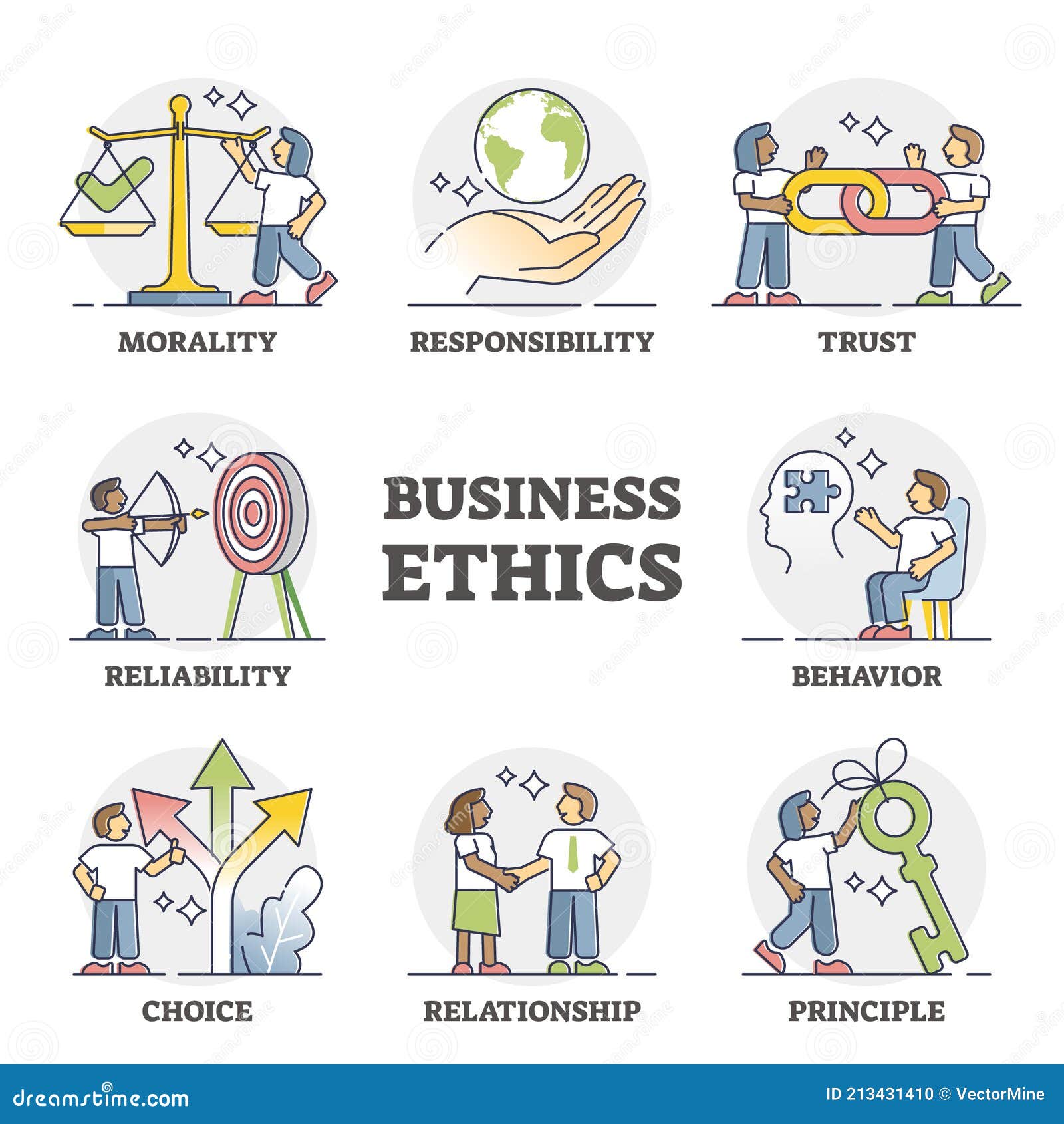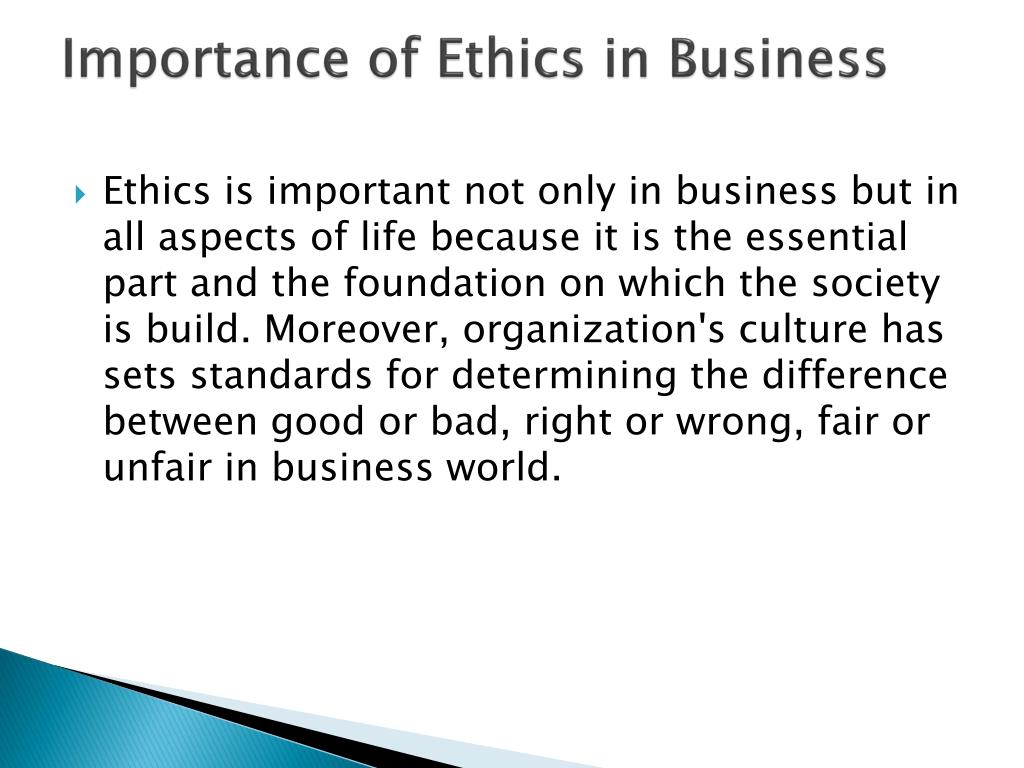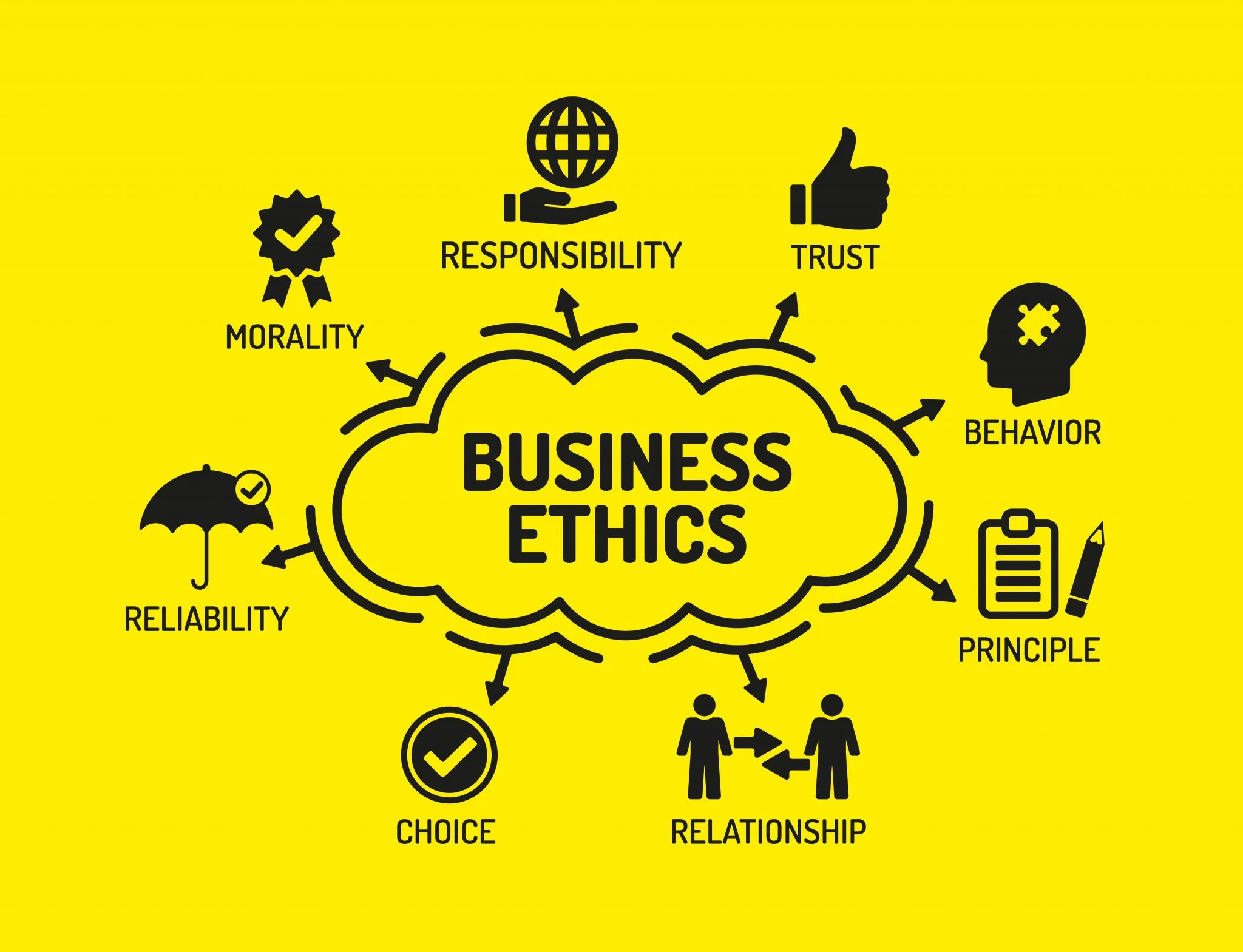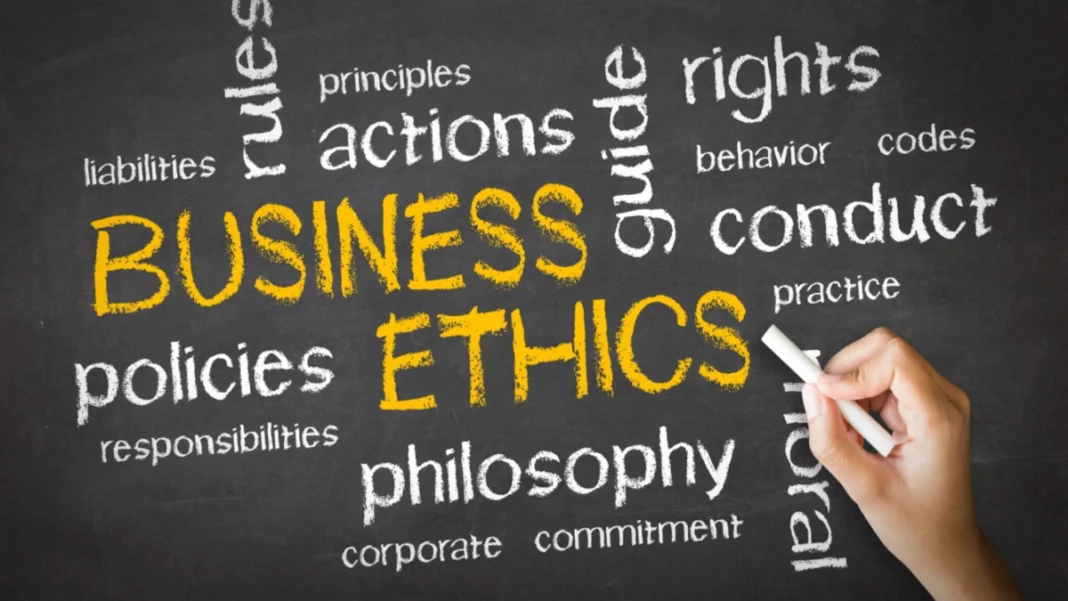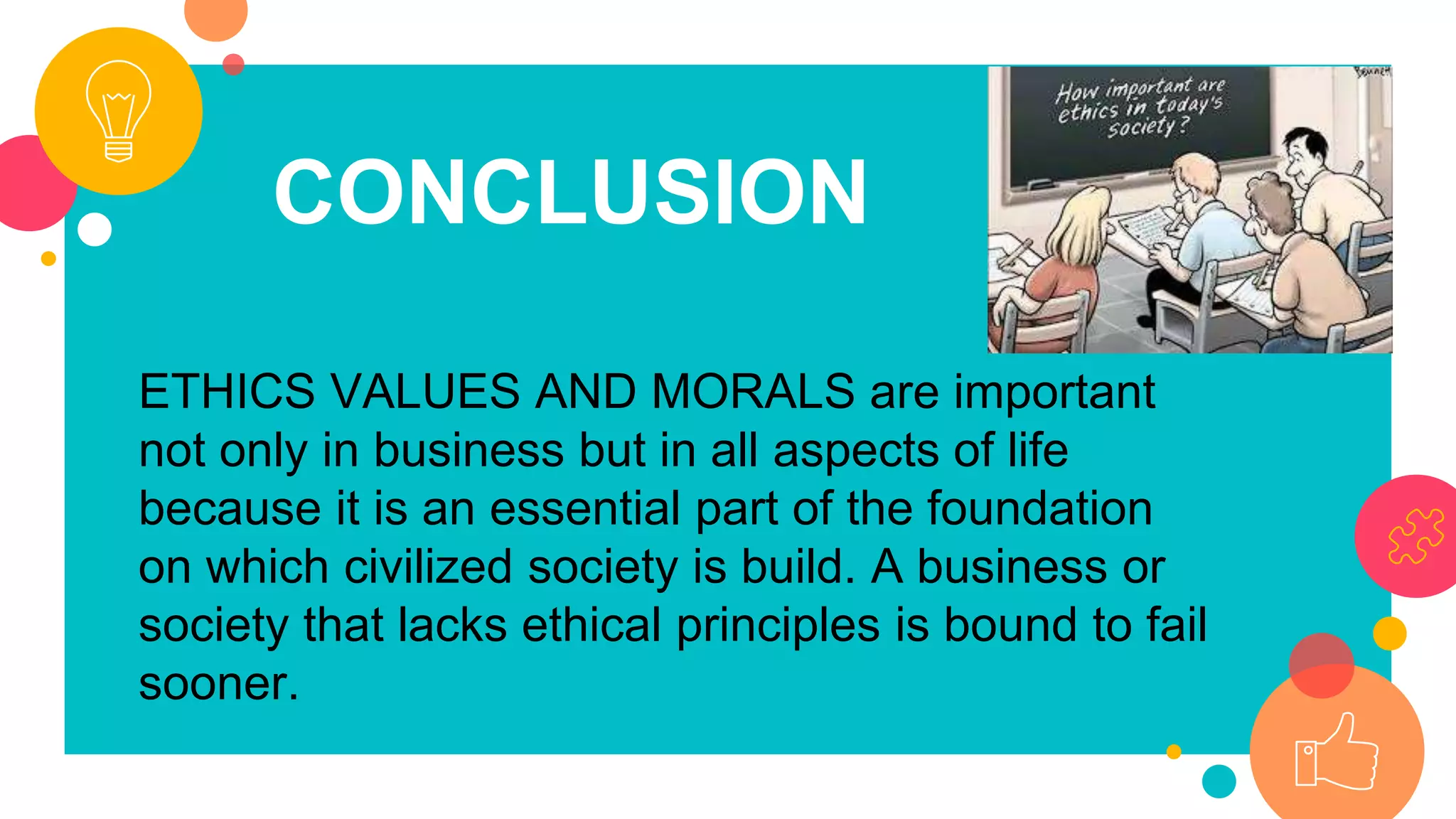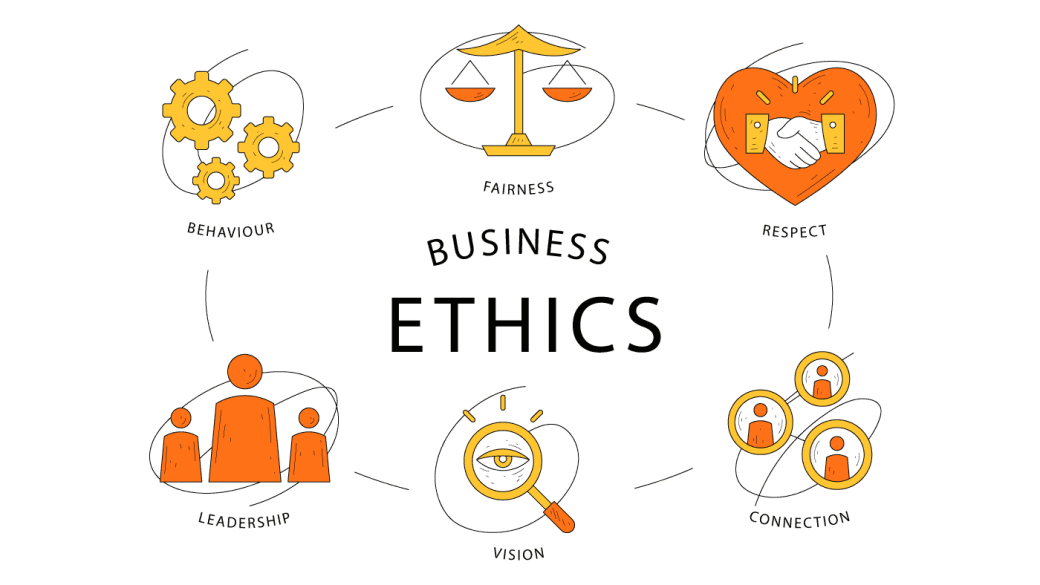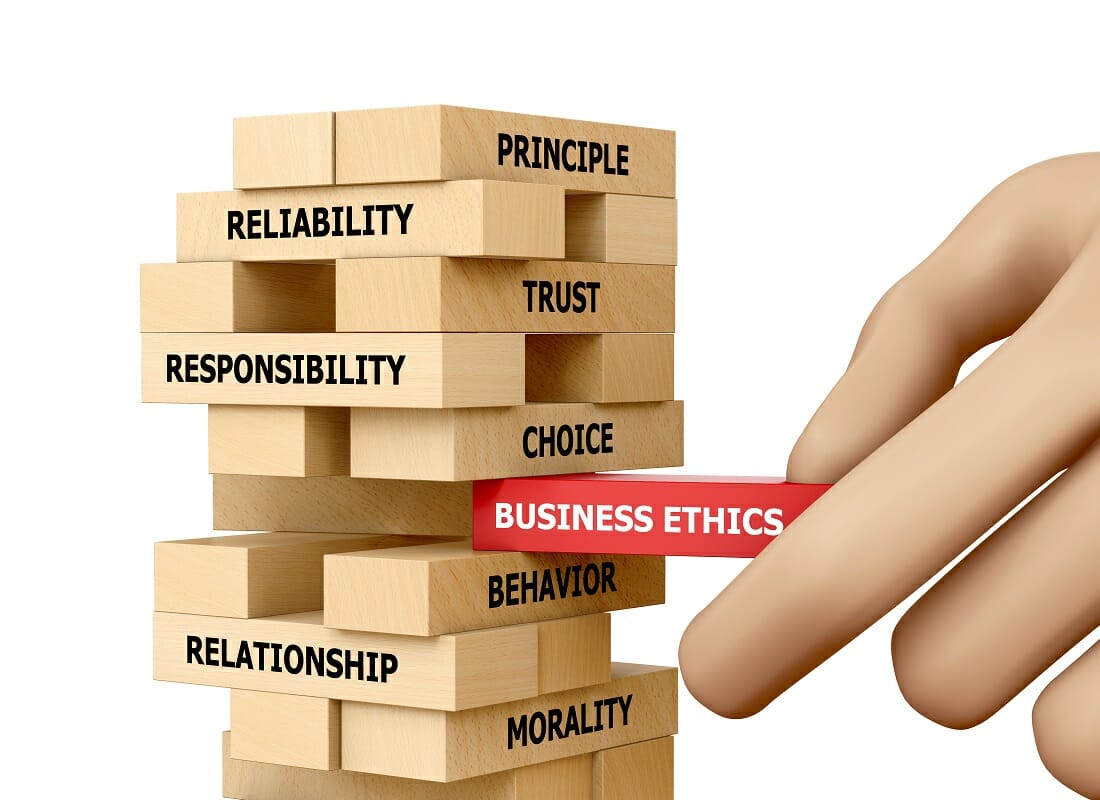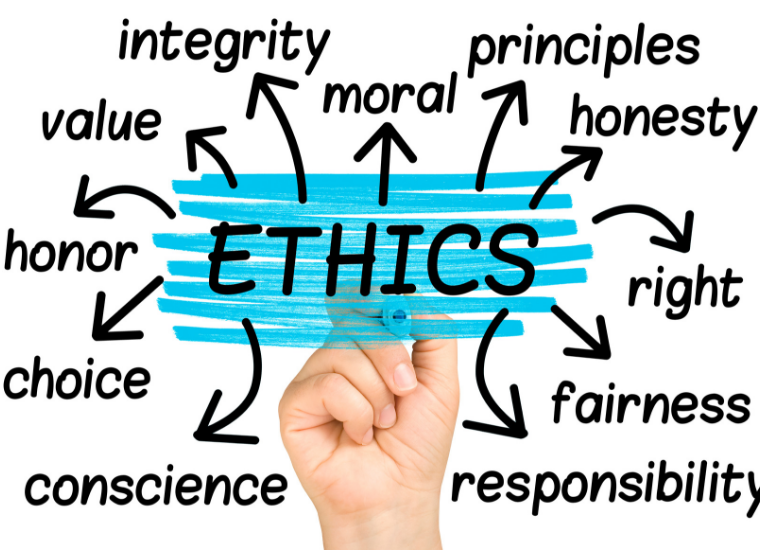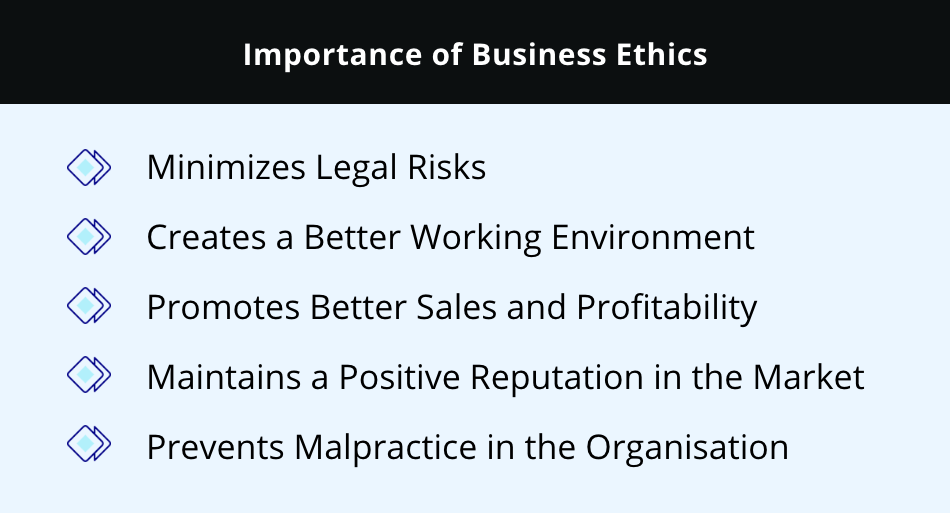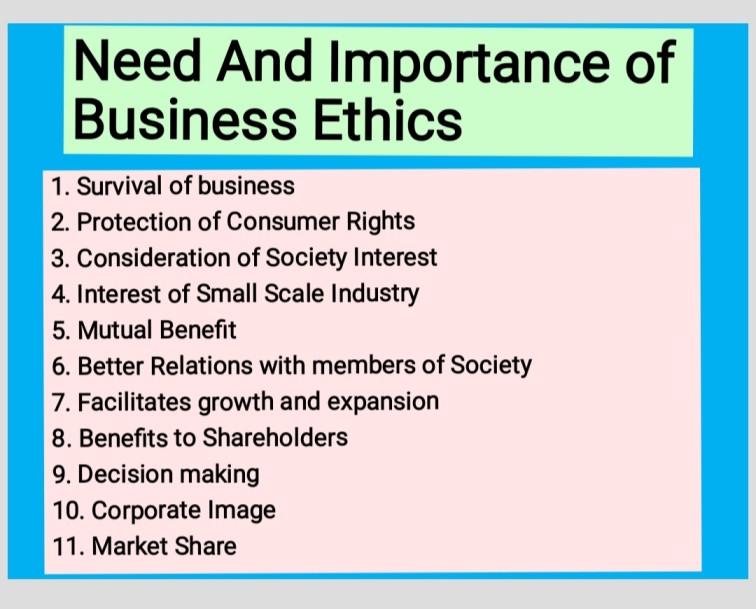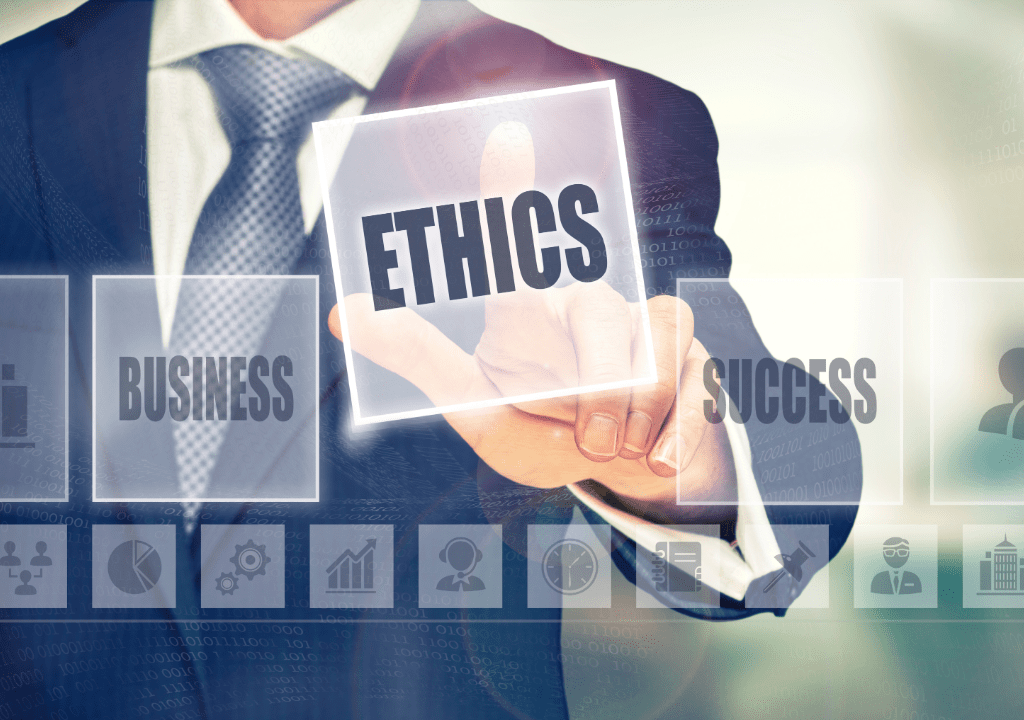Importance Of Ethical Practices In Business

In an era defined by increasing corporate scrutiny and a heightened awareness of social responsibility, ethical practices in business are no longer a mere suggestion, but a fundamental necessity. From multinational corporations to small startups, the adherence to ethical principles is proving to be a key differentiator in building trust, attracting talent, and achieving long-term sustainability.
This article explores the critical importance of ethical practices in business, examining the multifaceted benefits they offer and the potential consequences of neglecting them. The discussion will cover the impact on stakeholders, the legal and reputational risks involved, and the growing demand from consumers and investors for businesses that prioritize integrity.
What Constitutes Ethical Business Practices?
Ethical business practices encompass a wide range of behaviors and principles. These range from honesty and fairness in dealings with customers and suppliers to responsible environmental stewardship and respectful treatment of employees. Transparency in operations, avoidance of conflicts of interest, and compliance with laws and regulations are also crucial components.
According to the Ethics & Compliance Initiative (ECI), a non-profit organization dedicated to promoting ethical standards, a strong ethical culture involves leadership commitment, clear ethical guidelines, and effective reporting mechanisms. The ECI's research consistently demonstrates a correlation between strong ethical cultures and improved business performance.
Benefits of Ethical Behavior
The advantages of adopting ethical business practices are numerous and far-reaching. One significant benefit is enhanced reputation and brand image. Consumers are increasingly likely to support companies they perceive as ethical and socially responsible, leading to increased sales and customer loyalty.
Moreover, ethical businesses are more likely to attract and retain top talent. Employees are drawn to organizations that prioritize integrity and fairness, fostering a positive work environment and reducing employee turnover. This ultimately improves productivity and innovation.
Ethical practices also reduce the risk of legal and regulatory penalties. Non-compliance with laws and regulations can result in hefty fines, lawsuits, and reputational damage. A proactive approach to ethics helps businesses avoid these costly pitfalls.
Consequences of Unethical Behavior
Conversely, unethical behavior can have devastating consequences for businesses. Scandals involving fraud, corruption, or environmental negligence can quickly erode public trust and lead to boycotts, stock price declines, and even business failures.
"The collapse of Enron serves as a stark reminder of the catastrophic impact of unethical business practices," says Dr. Anya Sharma, a professor of Business Ethics at the University of California, Berkeley. "Their fraudulent accounting practices not only ruined the company but also damaged the credibility of the entire energy industry."
Furthermore, unethical behavior can damage employee morale and create a toxic work environment. When employees witness or participate in unethical activities, it can lead to stress, burnout, and a decline in job satisfaction.
The Role of Leadership
Leadership plays a critical role in fostering an ethical culture within an organization. Leaders must set the tone from the top by demonstrating a commitment to ethical principles and holding themselves and their employees accountable for their actions. This includes establishing clear ethical guidelines, providing ethics training, and creating channels for employees to report concerns without fear of retaliation.
"Ethical leadership is not just about compliance; it's about creating a culture where integrity is valued and expected," explains Mr. David Chen, CEO of a sustainable energy company renowned for its ethical practices. He also noted that "This requires leaders to be role models, consistently demonstrating ethical behavior in their own actions and decisions."
The Consumer Demand
The change in consumer preferences has also driven the need for ethical practices. Consumers are willing to spend extra on a brand that promotes sustainability and ethical practices. Companies that fail to adhere to ethical standards risk alienating their customers and losing market share.
Investor Confidence
The business world is not the only one impacted by the rise of ethical practices, but investors are also taking note. Ethical companies have experienced a surge in stock prices and investor confidence. Investors see these as low risk and are more willing to bet on a company with strong ethical foundations.
Looking Ahead
As the world becomes increasingly interconnected and transparent, the importance of ethical practices in business will only continue to grow. Businesses that prioritize integrity and social responsibility will be best positioned to thrive in the long term, building trust with stakeholders, attracting talent, and contributing to a more sustainable and equitable future.
